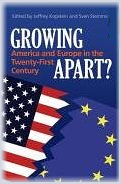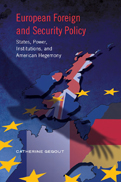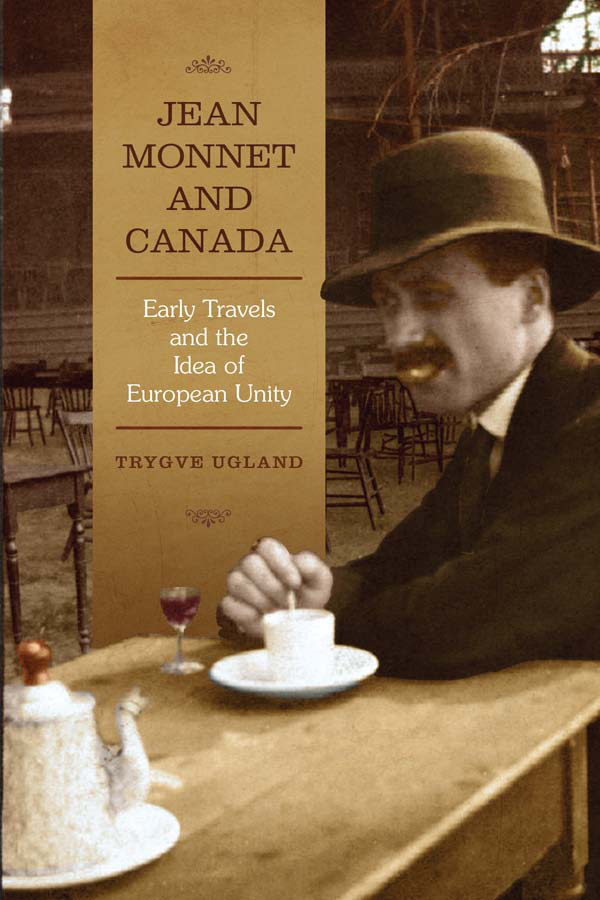Anna Korteweg (Department of Sociology) is the co-author of Religion, Culture and the Politicization of Honour-Related Violence: A Critical Analysis of Media and Policy Debates in Western Europe and North America, written for the United Nations Research Institute for Social Development , America and Europe in the 21st Century (Cambridge UP, 2008) http://korteweg.files.wordpress.com/2010/12/kortewegyurdakul-2010-hrv-unrisd1.pdf
|
 |
Growing Apart?: America and Europe in the 21st Century (Cambridge UP, 2008) Edited by Jeffrey Kopstein, University of Toronto, and Sven Stemino, University of Colorado at Boulder Many thought the 21st century would witness political, economic and even ideological convergence amongst the countries of the West. This has not happened. Today we see America 'growing apart' from her democratic allies and neighbors. Growing Apart shows how the social, political, and economic forces shaping advanced democratic states are pushing America in different directions from the rest of the democratic world and argues that these changes are not the product of any particular president or government. This volume brings together a set of leading scholars who each examine the evolution of different social, political, and economic forces shaping Europe and America. It is the first book to unite the international relations scholarship on transatlantic relations with the comparative politics literature on the varieties of capitalism. Taken together, the essays in this volume address whether the 'West' will continue to remain a coherent entity in the 21st century. |
University of Toronto Press: European Union Studies
|
European Foreign and Security Policy: States, Power, Institutions, and American Hegemony (2010)
Catherine Gegout, School of Politics and International Relations, University of Nottingham
|
|
European Security since the Fall of the Berlin Wall (2011)
Frédéric Mérand, l'Université de Montréal, Martial Foucault, l'Université de Montréal, and Bastien Irondelle, University of Oxford
|
|
Jean Monnet and Canada: Early Travels and the Idea of European Unity (2011)
Trygve Ugland, Department of Political Studies, Bishop's University
|

